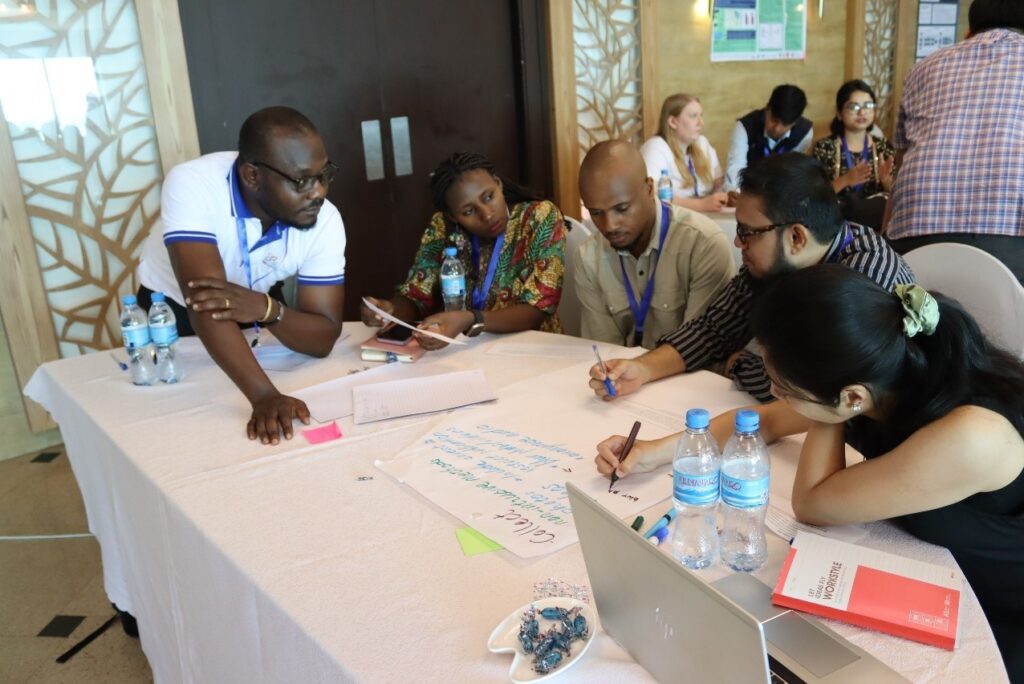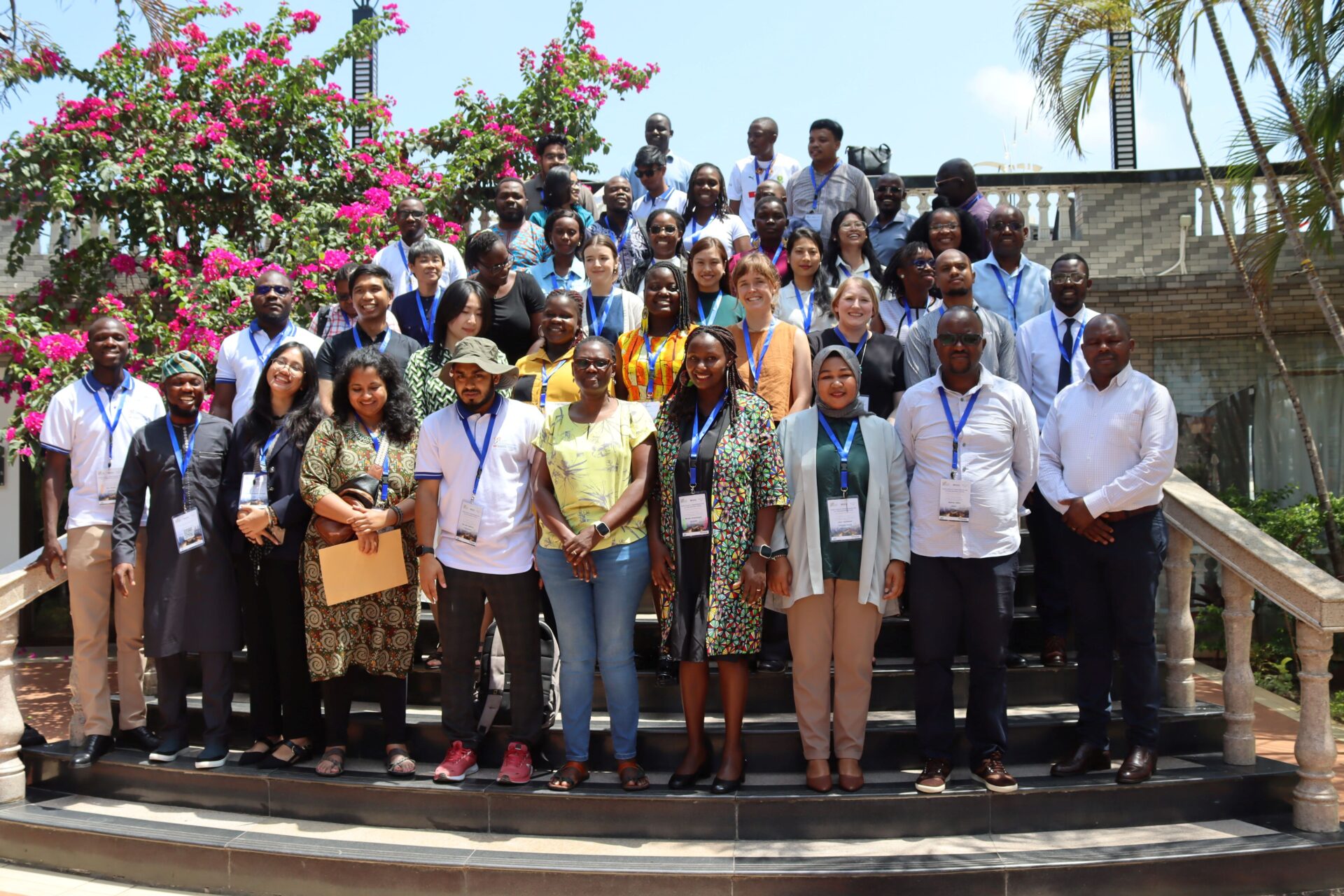Building Critical Thinkers: CLARE CS Hub’s Seasonal School Empowers Early Career Researchers
/
By Tamara Nyirenda-Jumbe & Lisa Manya
Dar es Salaam, Tanzania – The CLARE Capacity Strengthening (CS) Hub hosted a Seasonal School in February 2025, bringing together Early Career Researchers (ECRs) from 22 projects under the theme ‘Critical Thinking and Collaborative Research.’ This School aimed to deepen participants’ knowledge in climate resilience research, enhance their skills, and expand professional networks in a collaborative, multidisciplinary environment.
The Seasonal School offered a range of interactive learning experiences, including a mini project, peer learning clinics, and a field trip, fostering hands-on engagement and meaningful discussions. It provided a dynamic space for ECRs to develop critical thinking and collaborative problem-solving skills, ensuring their research has a greater impact on climate resilience efforts. The Seasonal School was co-created and facilitated with partners from BASIN, PALMTREES, RURBANISE, Tuwe Pamoja and FELLOWSHIPS.
Diverse Participation and Thematic Focus
The event attracted ECRs, including master’s students, PhD candidates, postdoctoral researchers, and early-career professionals engaged in climate-related research. The program was shaped by the thematic interests expressed during the application process, with three core areas selected (data collection, stakeholder engagement and research dissemination) and cross-cutting issues like gender equality and social inclusion (GESI) integrated throughout the week.

Photo credits: Fiona Makoto, ACTS
Engaging Sessions and Hands-On Learning
The first day set the pace with research poster presentations and discussions on climate challenges, followed by an introduction to the week-long Mini Project, a hands-on climate risk and vulnerability assessment exercise. Day two explored inclusive data collection methods, ethical research considerations, and developing practical skills to use KoboCollect to design surveys and exploring interviewing techniques.
A field trip on the third day, organized with the Centre for Community Initiatives (CCI), took participants to informal settlements in Dar es Salaam. This real-world experience highlighted community-led adaptation projects and stakeholder engagement in research. Day four focused on research dissemination, communication and knowledge brokering, including storytelling techniques and interdisciplinary collaboration. The final day featured Mini Project presentations, with teams showcasing diverse their work using action-research data collection methods including participatory GIS, Photovoice, and transect walks.
Key Takeaways and Looking Ahead
The Seasonal School underscored the need to recognise how different social and economic factors shape climate vulnerabilities, explored pathways for research to inform policy decisions, and emphasized approaching data collection with ethical awareness. Participants worked through real-world research challenges and discussed how to navigate these issues in their own work. Going forward, we’re excited to see participants critically reflect and apply what they’ve learned to contribute to more effective, inclusive climate adaptation research.
Categories
Countries
CLARE Pillars
CLARE Themes
CLARE Topics
Published
CLARE Projects
CLARE Partners


